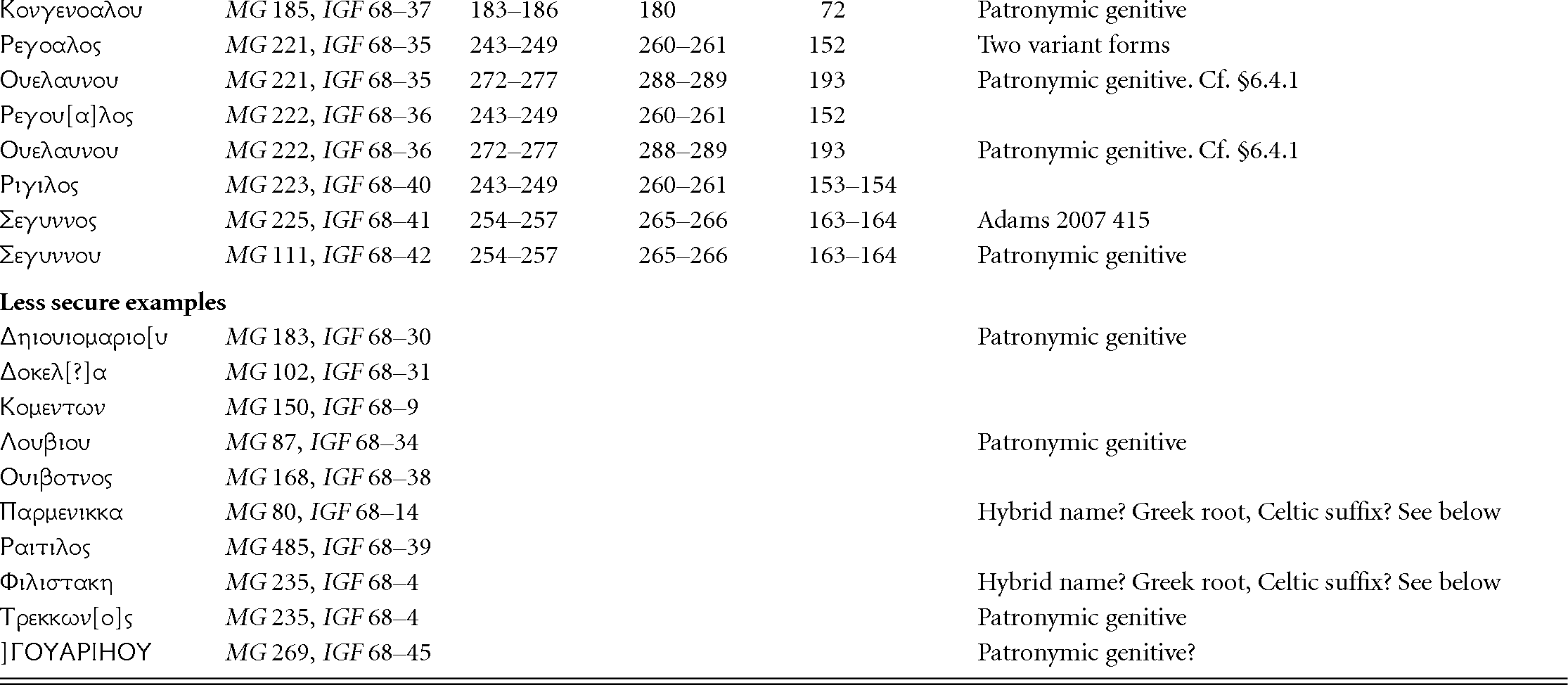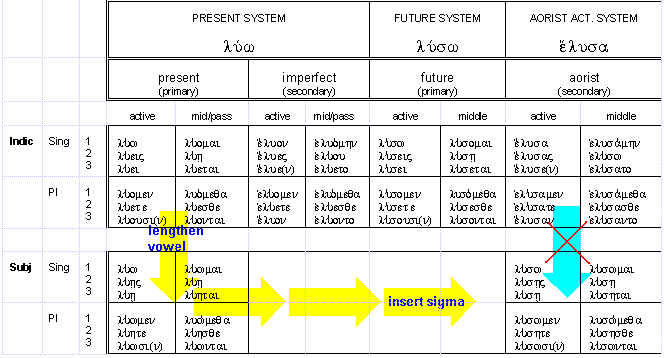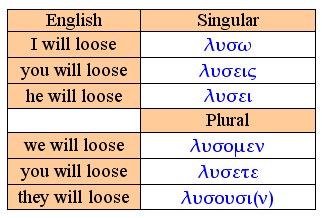3 Declension Sigma Stem Attic Greek

This process often occurs in 3rd declension noun stems ending in εσ once personal endings are added.
3 declension sigma stem attic greek. Attic greek then contracted έω just as it does for regular present tense έω verbs. This change has no meaning. Notice that two of the case endings involve adding a sigma to the stem. As noted in our discussion of masculine nouns two of the case endings involve adding a sigma to the stem.
Nominative singular ς dative plural σι. The set of nouns we are discussing have stems ending in a dental recall that the dental stop consonants are τ δ θ and the dental nasal is ν at this moment it would be good to review some alphabet math so that we can see what. Nouns of this type are usually neuter. ς dat.
While wiktionary gives declension in the attic dialect by default it is often useful to know how a word was inflected in dialects other than attic. Stems ending in εσ as we saw in our discussion of the attic future an intervocalic sigma i e a σ found between two vowels often drops out and the surrounding vowels contract. A dash with nothing following indicates an unmarked inflection that is a bare stem. It is just a difference in pronunciation.
Note that the first stem ἐλπιδ ends in a. The third declension is the ancient greek reflex of the proto indo european pie consonant declension. Dental plosive stems masc.
This process often occurs in 3rd declension noun stems ending in εσ once personal endings are added. Attic greek is the greek dialect of the ancient city state of athens of the ancient dialects it is the most similar to later greek and is the standard form of the language that is studied in ancient greek language courses attic greek is sometimes included in the ionic dialect together attic and ionic are the primary influences on modern greek. After ε ι or ρ in attic and koine greek when a first declension noun has a stem ending in ε ι or ρ ᾱ appears instead of η in all cases in the singular e g. The neuter nominative and accusative in the singular and plural have a different inflection from the masculine and feminine.
The declension of ancient greek nouns often differed between dialects. Let us take a look at the sound changes that occur when these sigmas are added to the stems for two feminine nouns. Nouns of this type are usually neuter. As we saw in our discussion of the attic future an intervocalic sigma i e a σ found between two vowels often drops out and the surrounding vowels contract.
οἰκίᾱ building house χώρᾱ land place. Euboean proper names are frequently declined as consonant stems in ις ιδος as in attic. The trouble with sigma.












































